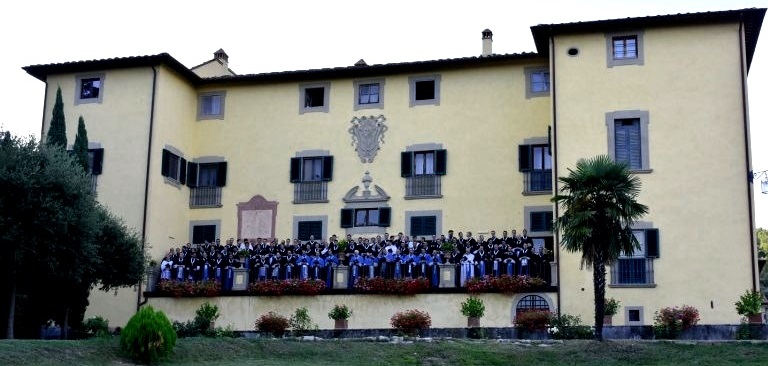Cardinal Kazimierz Nycz: Poland's bishops also spoke about Traditionis Custodes in Rome.
(Rome) Poland's bishops are on ad limina visit to Rome. They discussed with the implementation of the Motu proprio Traditionis Custodes with the Congregation of Divine Worship. The Archbishop of Warsaw thinks that he heard regrets about the harshness of the Motu Proprio.
The Polish bishops were divided into four groups for the prescribed visit, of which the third group had just finished their visit to Rome. During their visit to the Congregation for Divine Worship and the Order of the Sacrments they discussed there and the Motu proprio Traditionis Custodes. The interlocutor of the bishops had also conceded the harshness of Traditionis Custodes. This was reported by Cardinal Kazimierz Nycz, the Archbishop of Warsaw, in an interview with the Polish Catholic press agency KAI, which was published yesterday. In addition, it was confirmed to the bishops that Rome had instructions published for the application of Traditionis Custodes.
The Cardinal said when asked about what was discussed when visiting the Congregation of Divine Worship, stressed that "the discussion very interesting about the Tridentine liturgy. The bishops asked the representatives of the congregation "questions, in particular about whether the parish churches in which this liturgy could possibly be continued, as well as expanding the possibility of celebrating it according to the motu proprio Traditionis Custodes, should such a need arise in Poland in the future."
“On the one hand, the Congregation acknowledged that the matter had been handled too harshly and, in individual cases, could lead to abandonment of the Church because his needs were not being met instead of serving unity. On the other hand, a willingness was expressed to interpret the motu proprio broadly, more in the spirit than in the wording of the enacted law. We are waiting for the promised guidelines on this topic. "
Cardinal Nycz added that the Holy See wanted to place the matter with the celebration of the traditional Rite "under control", but "not say 'no' to the Tridentine liturgy as such." The Holy See is "careful because in some countries of the world it is linked to an anti-Conciliar ideology that the Second Vatican Council rejects."
The general suspicion of “ideologizing”, under which Pope Francis placed the traditional Rite, is spreading, as Cardinal Nycz's statements show. According to Traditionis Custodes, anyone who wants to celebrate in the traditional Rite, priests who have not yet done so, or new priests, must undergo an attitude test. In its history, the Church has only known such things in connection with heresies. This accusation does not, however, apply to tradition.
Whether there are guilty feelings at the Congregation of Divine Worship is indeed in doubt, because while the contrast with Traditionis Custodes contrast is so hard, especially in view of the new congregation leadership. Ultimately this just points out the insistence that there is an alleged "problem" that the Motu proprio Summorum Pontificum by Benedict XVI. had been used in an “ideological way”.
That sounds more like crocodile tears.
Text: Giuseppe di Nar-
image: MiL
Trans: Tancred vekron99@hotmail.com
AMDG













